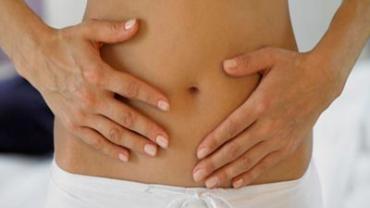
A new review published in the journal Human Reproduction Update found that women with polycystic ovary syndrome (PCOS) may be able to help manage their symptoms by combining lifestyle changes with metformin.
PCOS is associated with irregular menstrual periods infertility obesity diabetes excess hair growth acne and other hormonal difficulties. Researchers compared the effects of lifestyle changes alone or with placebo to lifestyle changes combined with metformin. This meta-analysis involved 608 participants between 12-39 years of age among nine studies. They found that lifestyle modifications combined with taking metformin resulted in increased weight loss. As a result there was a lower body mass index (BMI) which is significant because maintaining a healthy weight is essential in the management of PCOS. Those who combined lifestyle changes with metformin also experienced improved menstruation.
The study did show that the addition of metformin to lifestyle modification appears to provide additional advantages in improving BMI and menstrual regularity. Pharmaceutical interventions provide some improvements but they do not correct many of the underlying factors and have side effects that may not be tolerated by patients. Many PCOS patients are overweight and have dietary habits that exacerbate the condition.
Inositol Intervention
Studies on women with PCOS show that an inositol deficiency in insulin-sensitive tissues or altered metabolism of inositol may be important contributing factors to their insulin resistance. A reduced ability to process metabolize and effectively use inositol from foods is a distinctive and characteristic feature of PCOS. As a result the nutritional requirements of PCOS patients may not be met by a simple change in the diet.
Myo-inositol and D-chiro-inositol are both used during insulin signal transduction. The conversion of myo-inositol to D-chiro-inositol is of interest because errors here have been strongly involved in PCOS patients. Strong evidence supports that the body makes D-chiro-inositol from myo-inositol and more evidence suggests that some people are less able to make this conversion than others. Along this spectrum people who are completely unable to convert myo-inositol to D-chiro-inositol are only going to benefit from supplementation with D-chiro-inositol. Other people who make the conversion but with less than optimal efficiency may benefit from large doses of myo-inositol. And other individuals in between might see the best results from a blend of the two.